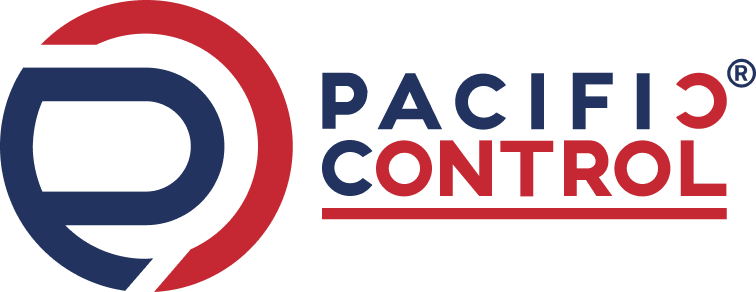The Conformity Assessment Industry in Peru: Opportunities for Investment and Growth

The conformity assessment industry in Peru is essential for ensuring that products, services, and systems comply with national and international standards and regulations. This sector includes activities such as certification, inspection, and testing, which are crucial for the functioning of various economic sectors in the country.
Key Organizations and Regulatory Structure
The National Institute of Quality (INACAL) is the main entity responsible for ensuring that operations in this sector comply with internationally recognized standards.
Challenges in Representation and Opportunity for Collaboration with the TIC Council
Currently, the representation of conformity assessment bodies in Peru is limited, affecting their ability to effectively advocate for their interests and improve industry practices. It is crucial to establish a strong, well-organized trade association that provides a unified voice for the industry, promotes its needs, enhances its visibility, and highlights the challenges and achievements of the sector globally. Collaboration with the TIC Council could significantly strengthen this initiative, promoting international standards and best practices.
Environmental and Sustainability Opportunities
The growing global focus on environmental sustainability presents significant opportunities for the conformity assessment industry in Peru. There is increasing demand for certifications related to environmental management systems (EMS), renewable energy compliance, and sustainable resource management, especially in sectors such as mining, agriculture, and manufacturing. Services that verify compliance with environmental standards not only help companies reduce their ecological footprint but also improve their marketability and compliance with international environmental regulations.
Key Sectors for Business Development
- Mining and Metals: Compliance with environmental and safety regulations.
- Agroindustry: Certification of organic and non-GMO products, essential for accessing export markets.
- Fisheries: Sustainability and quality control certifications, especially for exports.
- Tourism: Safety and environmental sustainability certifications in tourist services.
- Manufacturing: Compliance with international environmental standards for export products.
- Energy: Certification for renewable energy projects and equipment, ensuring safety and efficiency.
Attractive Investment Factors
- Economic Growth and Political Stability: A favorable environment for investments and business.
- Expanding Sectors: Constant demand for conformity assessment services across various sectors.
- Government Incentives: Incentives to improve quality, technology, and environmental sustainability.
- Infrastructure Development: Significant improvements facilitating logistics and operations.
Impact of Free Trade Agreements
Peru has signed free trade agreements with over 20 countries, improving market access and requiring rigorous conformity assessments to meet international standards. These agreements highlight the need for robust conformity assessment services to ensure compliance with trade and environmental regulations, further driving the growth of this sector.
Conclusion
The conformity assessment industry in Peru is poised for significant growth, with ample opportunities for investment and development. Establishing a strong trade association, in collaboration with the TIC Council, will maximize these opportunities, ensuring effective representation and improving the competitiveness of Peruvian products and services in the global market. Emphasizing sustainability and environmental standards will not only support the industry’s growth but also highlight its crucial role in promoting sustainable development and global compliance in trade.




